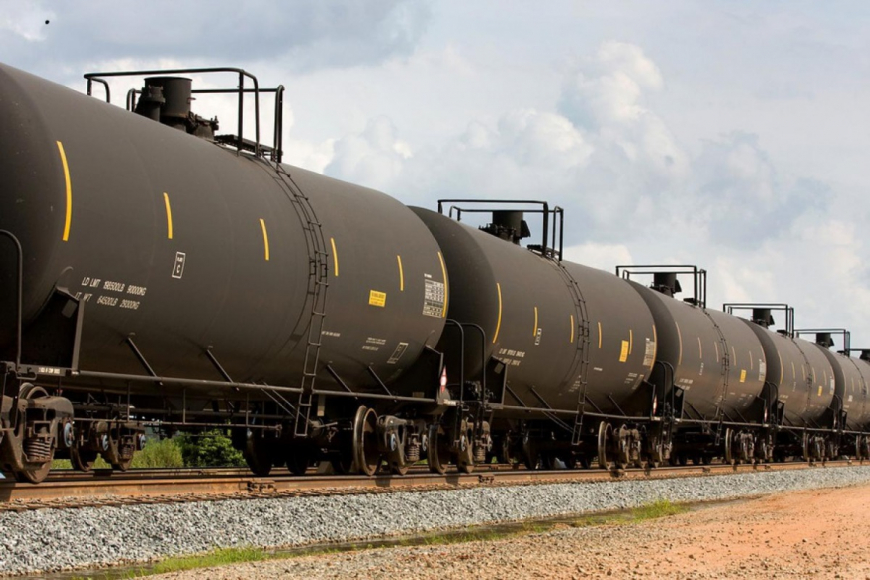Antea Group recently developed oil spill response plans for several railroads in Washington state looking to maintain compliance with Chapter 173-186 of the Washington Administrative Code (WAC).
In the process, we learned several lessons that other rail lines can apply as they plan for the implementation of similar regulations in other states. Here are our top three:
1. Plan ahead for contractor support
While most (if not all) railroads have existing relationships with oil spill response contractors, when the time comes to develop a plan in a state where there are agency approved lists of contractors, the potential exists for rail lines to become the victims of unforeseen charges in the form of retainers.
173-186 WAC requires response to a spill within a very specific timeframe. Even though contractors already maintain stores or response equipment in strategic locations, as part of the State of Washington’s geographic response plans, when asked to partner for the specific response scenarios required, some contractors demanded large annual retainers. Railroads can plan ahead by vetting multiple contractors approved by state agencies and developing several solid relationships before they are needed. That way, when the time comes to contract you will be more likely to secure arrangements that will save you money or, better yet, prevent recurring annual costs.
2. Consider teaming up for exercises
Just as with federal Facility Response Plans (FRPs), Washington requires regular exercises for which the railroads get credit. However, for some of the smaller shortlines this can become a significant financial burden. Fortunately WAC 173-186 allows for several railroads to team up on exercises, thereby defraying the cost while sharing the credit. Rail lines can plan ahead now to develop partnerships for spill response exercises down the road when states start to require them annually.
3. Get your staff trained
Often railroads rely on third parties to help support their spill response, as these contractors have training and experience in the incident command system (ICS). As this is likely to become a standard requirement under future state regulations, railroads can either continue to utilize third-party support or invest now to train staff in the ICS. While this may not be an option for local shortlines, a regional ICS investment for Class I roads and shortline conglomerates can pay for itself in the long run.
Watching the road ahead
Antea Group will continue to monitor the development of further requirements in other states across the country-- check back here for future updates, implementation tips, and expert advice.
Need help now? Reach out to your local Antea Group offices to learn more about how we can support your efforts in developing oil spill response plans for rail and highway transportation companies, bulk storage facilities, food processors, and even the small tanks found at thousands of industrial and technology companies around the country.
Want more news and insights like this?
Sign up for our monthly e-newsletter, The New Leaf. Our goal is to keep you updated, educated and even a bit entertained as it relates to all things EHS and sustainability.
Get e-NewsletterHave any questions?
Contact us to discuss your environment, health, safety and sustainability needs today.





